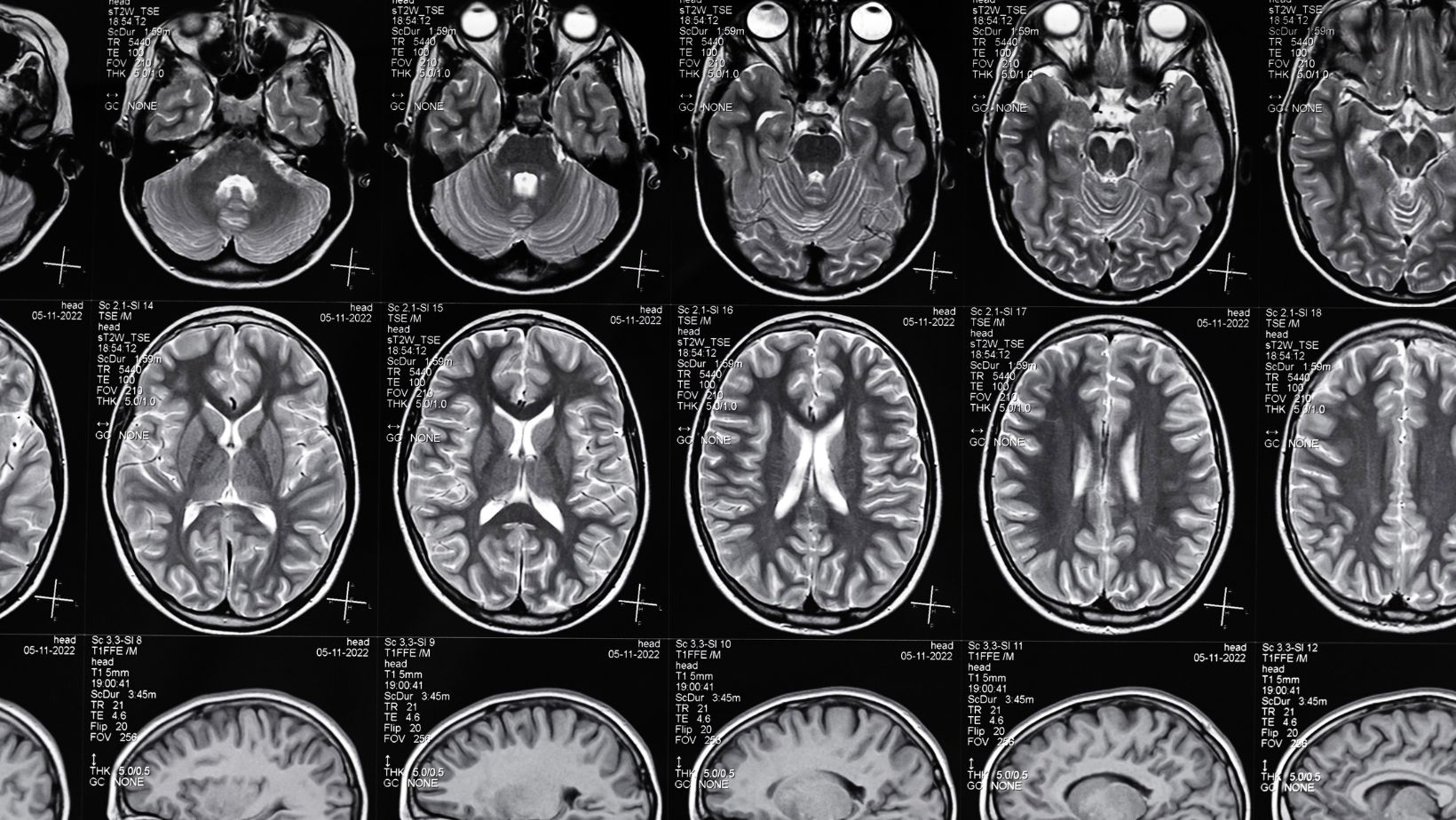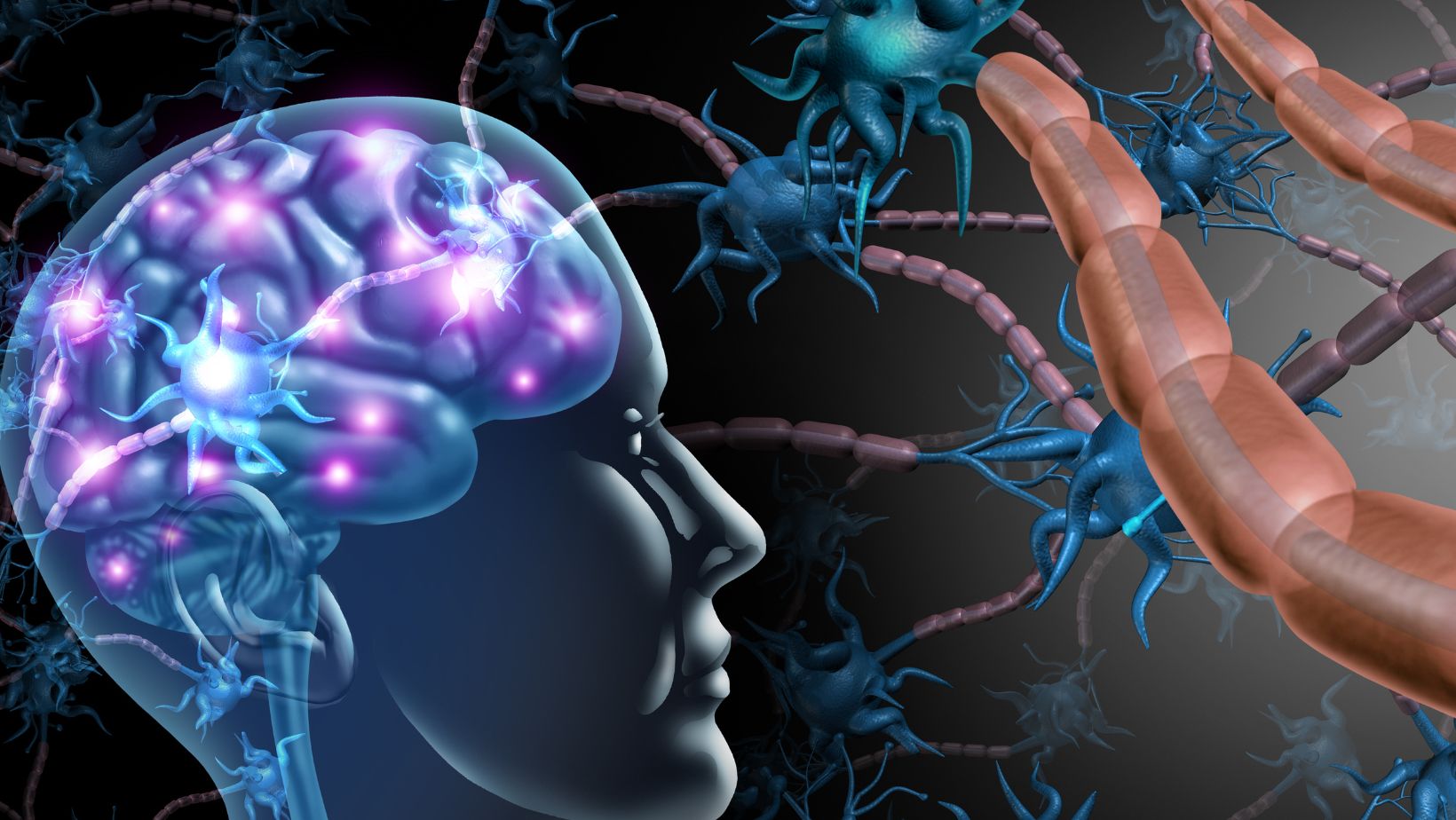There is nothing worse than watching someone you care about deeply struggling with changes that can be hard to see or understand. Even when they say it hurts, and you can see that it does, there’s little or nothing you can do to bring them out of this situation. The worst part has to be the knowledge that even science does not have a lot of recovery options available for them.
We’re talking about brain injuries, something that the residents of St. Louis are all too familiar with. The independent city of St. Louis, Missouri, sees its fair share of accidents, some of which lead to severe injuries.
If you’re in a similar situation, you have every right to sue the at-fault party. St. Louis car accident attorneys specializing in head injuries are the right guys for the job. Combining experience and expertise, the legal professionals at The Bruning Law Firm, one of the top law firms in St. Louis, will fight for the rights of the victim who has sustained a traumatic brain injury due to someone else’s negligence. They have helped their clients win millions in compensation.
Aside from the symptoms that you can see, there are others beneath the surface that may be affecting victims in ways you might not realize yet. Here are some of the challenges a brain injury victim has to face:
Attention and Concentration Problems
One of the first things you might notice after a brain injury is how much harder it is for your loved one to focus. They might zone out during a conversation or struggle to remember things they used to do without a second thought.
It’s not that they’re lazy or not trying. Their brain is working differently now. If you’d like to help them, you can simply try to limit distractions in their environment. If they’re trying to concentrate on something, make sure the room is quiet, and there aren’t multiple things happening at once.
Memory Problems
It’s frustrating when someone you care about starts to forget things. After a brain injury, it’s not uncommon for memory to be affected. They might forget conversations they just had or things that happened earlier that day. It starts to seem like their mind is playing tricks on them.
Short-term memory is often hit the hardest. They might ask the same question over and over or forget what they ate for lunch. It can be tough to deal with, but you have to remember that it’s not their fault.

One thing that can help is to keep a notebook or calendar. They can write down important things throughout the day, such as appointments, tasks, and even reminders of what they had for lunch. With this, they can get a sense of structure and also keep track of important things they can’t afford to forget.
Difficulty with Motivation and Decision Making
Another challenge that might surprise you is how hard it can be for brain injury victims to make decisions or feel motivated. Things that used to come naturally, things like deciding what to wear, what to eat, or even whether to get out of bed, can now feel overwhelming.

It’s not that they are tired or unmotivated at all. It’s happening because the parts of their brain responsible for planning and making decisions have been affected by the injury. Even simple things begin to feel monumental at this point, and most of them would simply avoid making decisions altogether because it’s too mentally draining.
The Possibility of Death Without Proper Medical Care
Inasmuch as you don’t want to think about it, you have to realize that your loved one faces the risk of death if they do not get the right amount and type of medical care. However not all types of brain injuries are fatal.
Sometimes, subtle changes can be a sign of bigger problems. Headaches, mood swings, or memory gaps could be warning triggers going off. You should always encourage them to see a doctor regularly, even if they feel fine.
